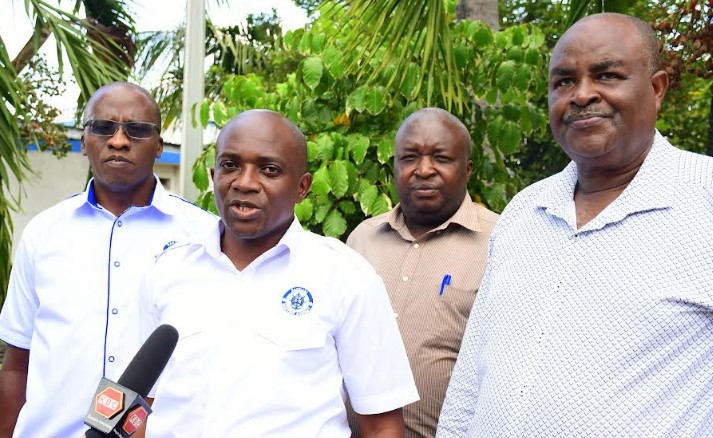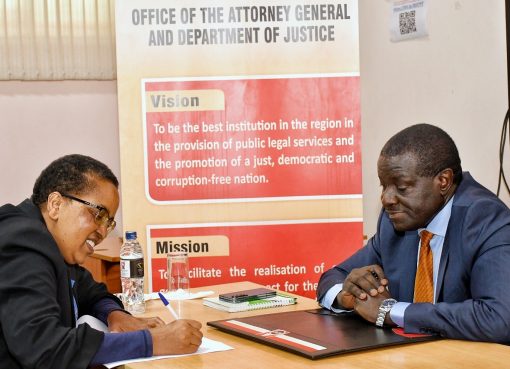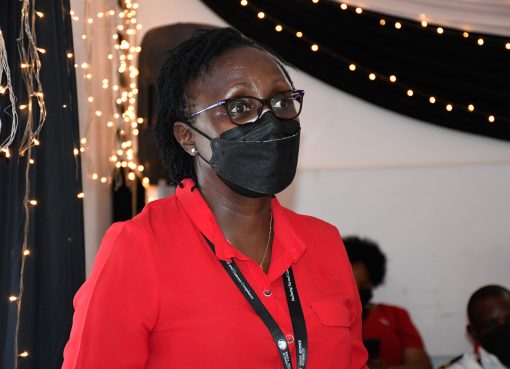The Bandari Maritime Academy (BMA) is stepping up efforts in promoting maritime training to meet global demands as plans are at an advanced stage for the country to start issuing the mandatory Seafarers Identity Document (SID).
SID facilitates the entry of seafarers on board a vessel to countries where the vessels call for shore leave, transit, transfer or repatriation.
The International Chamber of Shipping Seafarer Workforce Report 2021 recommends that the industry must significantly increase training and recruitment levels if it is to avoid a serious shortage in the total supply of officers by 2026.
The report shows that there will be a need for an additional 89,510 officers by 2026 to operate the world merchant fleet.
The report estimates that 1.89 million seafarers currently serve the world merchant fleet, operating over 74,000 vessels around the globe.
To ensure that youth employed on international vessels are not laid off due to lack of a SID, the government, through BMA, is keen to fast-track the issuance of SID in the country.
“It has been a setback for many seafarers working on ships. We are at advanced stages of ensuring the document is issued here in Kenya for all seafarers. We don’t want them to be returned after securing employment due to lack of the document,” said the BMA CEO, Dr. Eric Katana.
Dr. Katana further highlighted that the country has inked Memorandums of Understanding (MoU) with nations with many registered vessels for graduates to be employed and to get a mandatory one-year sea time.
“We have MoUs with countries like Liberia, Jamaica, Panama and Malta to employ our youth. As a country and government, we don’t own vessels. We have been forced to have pacts with the countries to employ Kenyans,” said Dr. Katana, adding that they are finalising one with the government of Japan.
The Academy is also partnering with local shipping lines like Lamu Shipping Limited for their students to get sea time.
“Sea time is a major hurdle in training not only for Kenya but for many countries because the vessels are not enough to train the seafarers in the country,” stated Dr. Katana.
Admittedly, he noted that the Dar es Salaam Maritime Institute (DMI) is steps ahead, as there were deliberate investments in equipment for advanced training.
He lauded the Kenya Kwanza administration for prioritising the Blue Economy, adding that plans are underway for the procurement of equipment for the Academy to commence advanced courses.
“We have a Cabinet Secretary and Principal Secretary who are committed to ensuring that Bandari is well equipped to offer all the courses for Kenyans. We are relating well with DMI; we are not competitors but complement one another in the spirit of the East African Community,” said Dr. Katana.
The Academy is also collaborating with colleges to offer maritime courses; for example, in Kisumu, they have partnered with Railway Training School to establish a Marine school. Youth were urged to seize opportunities in the blue Economy through training and certification.
The Academy provides skills for the growth of the Blue Economy. The college offers courses from certificate to diploma. The Kenya National Qualifications Authority (KNQA) and TVET Authority duly accredited the courses.
The academy also offers short courses for class eight leavers. Recently, more than 200 youth were trained as lifeguards in Ndau, Lamu East.
This year’s Madaraka Day will be held in Homa Bay County under the theme Blue Economy and Maritime Affairs. The academy will showcase its works during the national fête.
“The blue economy will enable the country to prosper economically because it is an unexploited area that has not received much investment,” said Dr. Katana.
By Sadik Hassan




